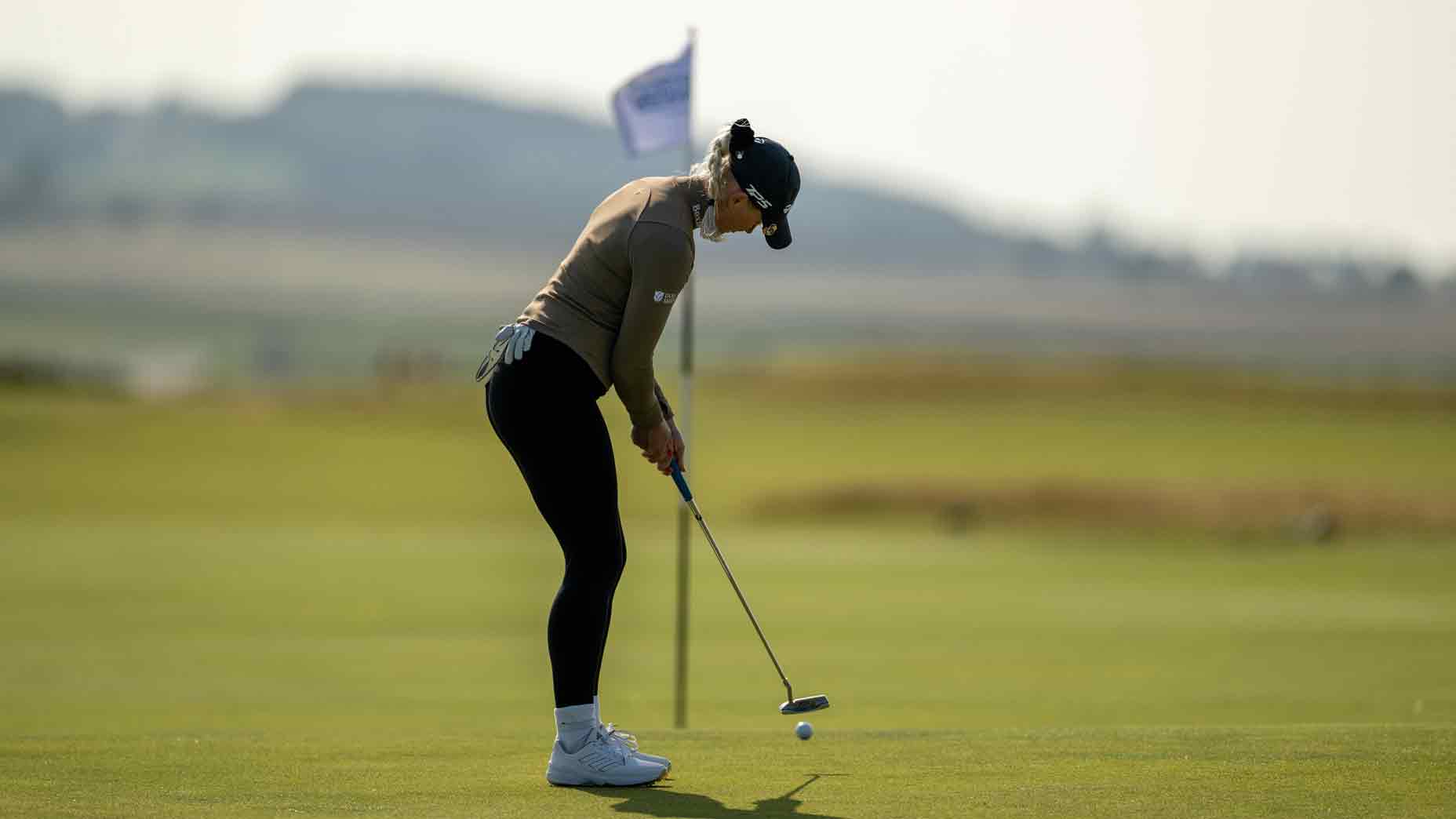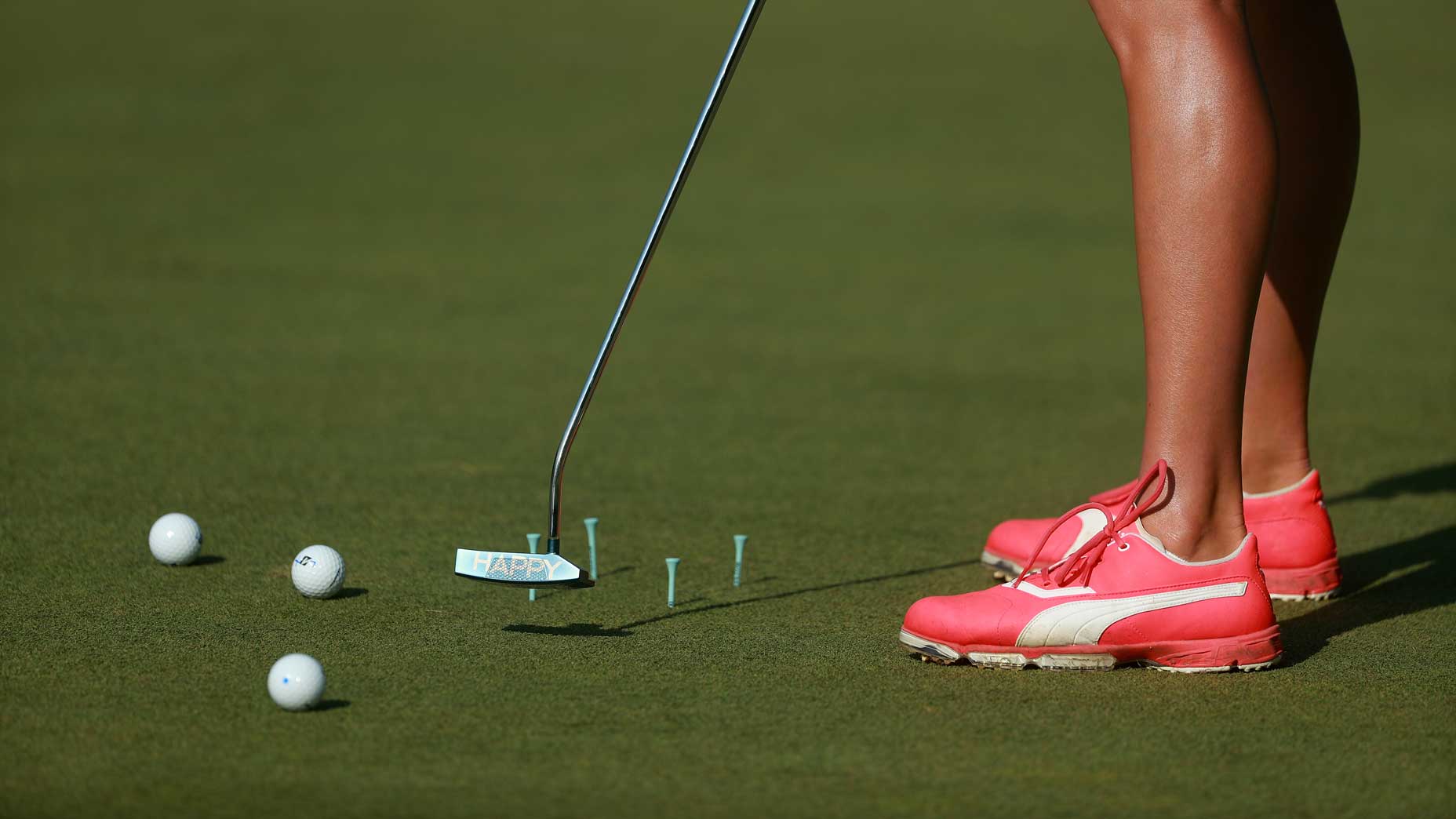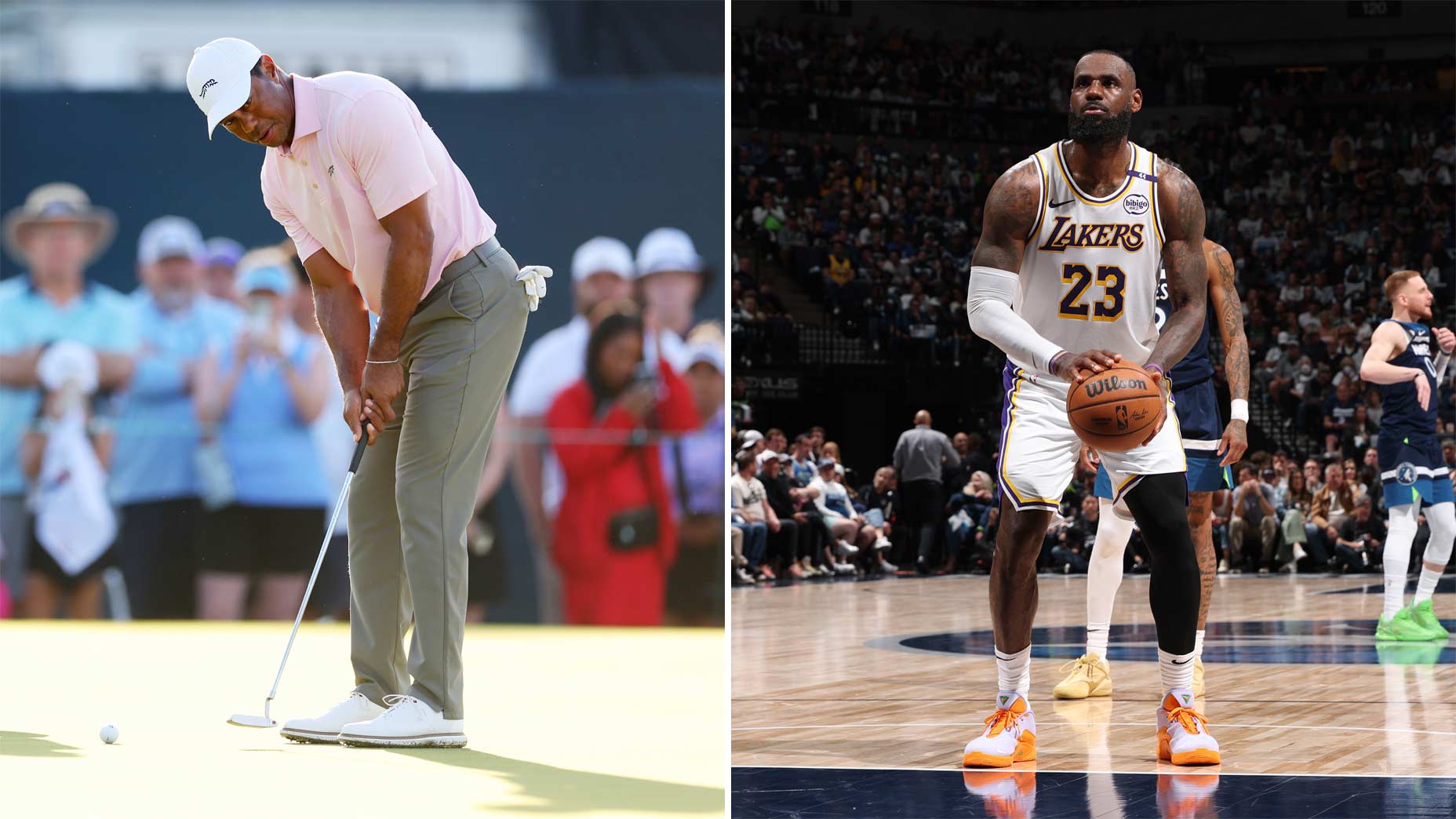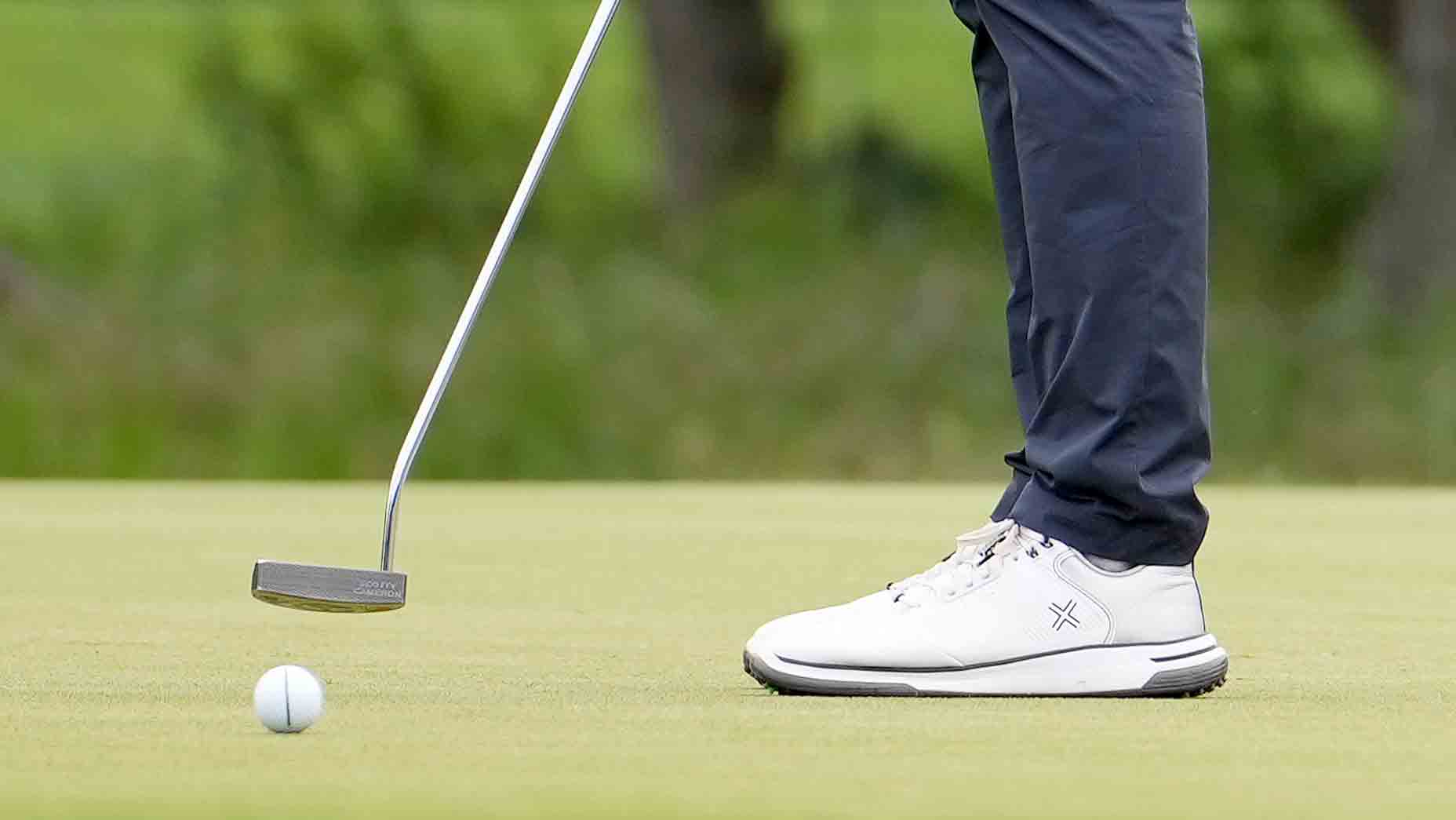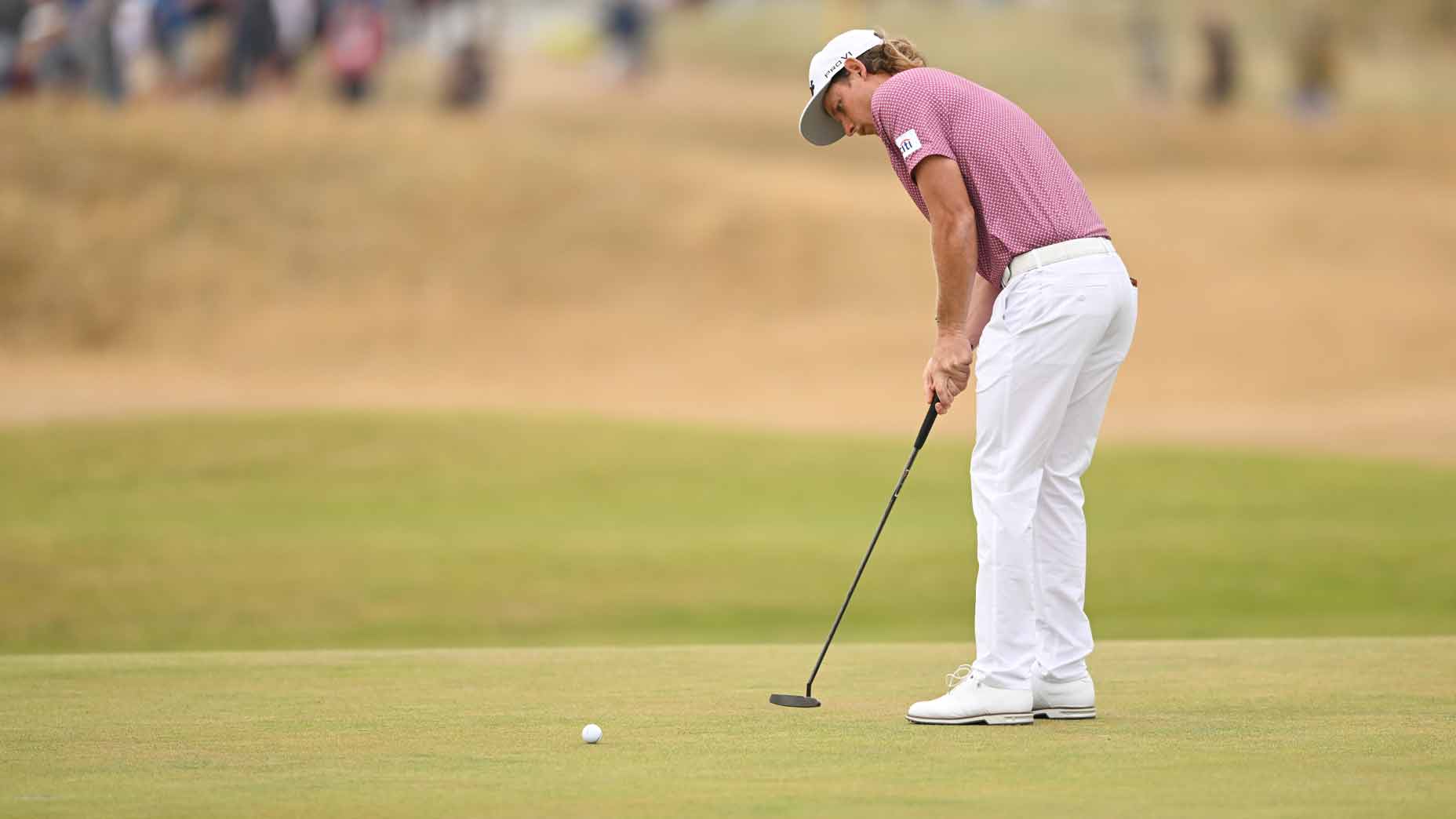 Applying this counterintuitive concept will make you a better putter
Applying this counterintuitive concept will make you a better putter
Scientific data reveals Tiger Woods’ putting stroke secrets from his peak years
In the minds of golf fans, Tiger Woods’ play during his peak years reached mythical status. He was a titan from tee-to-green, and Woods’ putting stroke seemed to send the ball into the hole seemingly on command — especially under pressure.
But ask instructors how Woods did it, and they’ve got it down to a science. Thanks to SAM PuttLab data, a pioneering putting software system designed by Science and Motion Sports, teachers can measure and analyze exactly how players move the putter during their stroke. And they did that with Woods during his peak years, too.
In 2007, Tiger Woods’ putting stroke was measured by SAM PuttLab, and thanks to Bill Schmedes III, the Director of Instruction at Forsgate Country Club, we can see the data for ourselves and understand what it means. — Luke Kerr-Dineen, Instruction Editor
The Data
ADVERTISEMENT

Overview
Aiming: Open 2.5* (92% consistency)
Face at Impact: 0.9* closed (91% consistency)
Path at Impact: 0.0* (95% consistency)
Face Rotation: Backswing 7.8* open, End of FWD swing 12.2* closed. Total of 20.0* degree of rotation throughout the stroke (a fair amount)
Impact Spot: 5.3 MM towards toe (96% consistency)
Rise Angle: 3.4* up (putter loft of 3*)
What It Means
By Bill Schmedes III, the Director of Instruction at Forsgate Country Club
Between 2007 and 2009 Tiger was the second-ranked putter on the PGA Tour according to Strokes Gained. Tiger Woods’ putting stroke wasn’t “perfect” in the stereotypical sense, but it doesn’t matter. It allowed him to be comfortable over the ball, which made it ultra-repeatable, as you can see by his 92 percent consistency score.
Looking at the data above, here’s what we find:
1. Eyes Inside Ball
When Tiger was putting his best his eyeline was slightly inside of the ball at address, which promoted an “arc” putting stroke and allowed him to work the putter head open-closed.
2. Shaft Through Forearms
The shaft of Tiger’s putter would run through the bottom part of his forearms, with more forward bend of the upper body.
3. Aim Right
Tiger tended to aim the putter slightly right of the start line (about 2.5 degrees) at address.
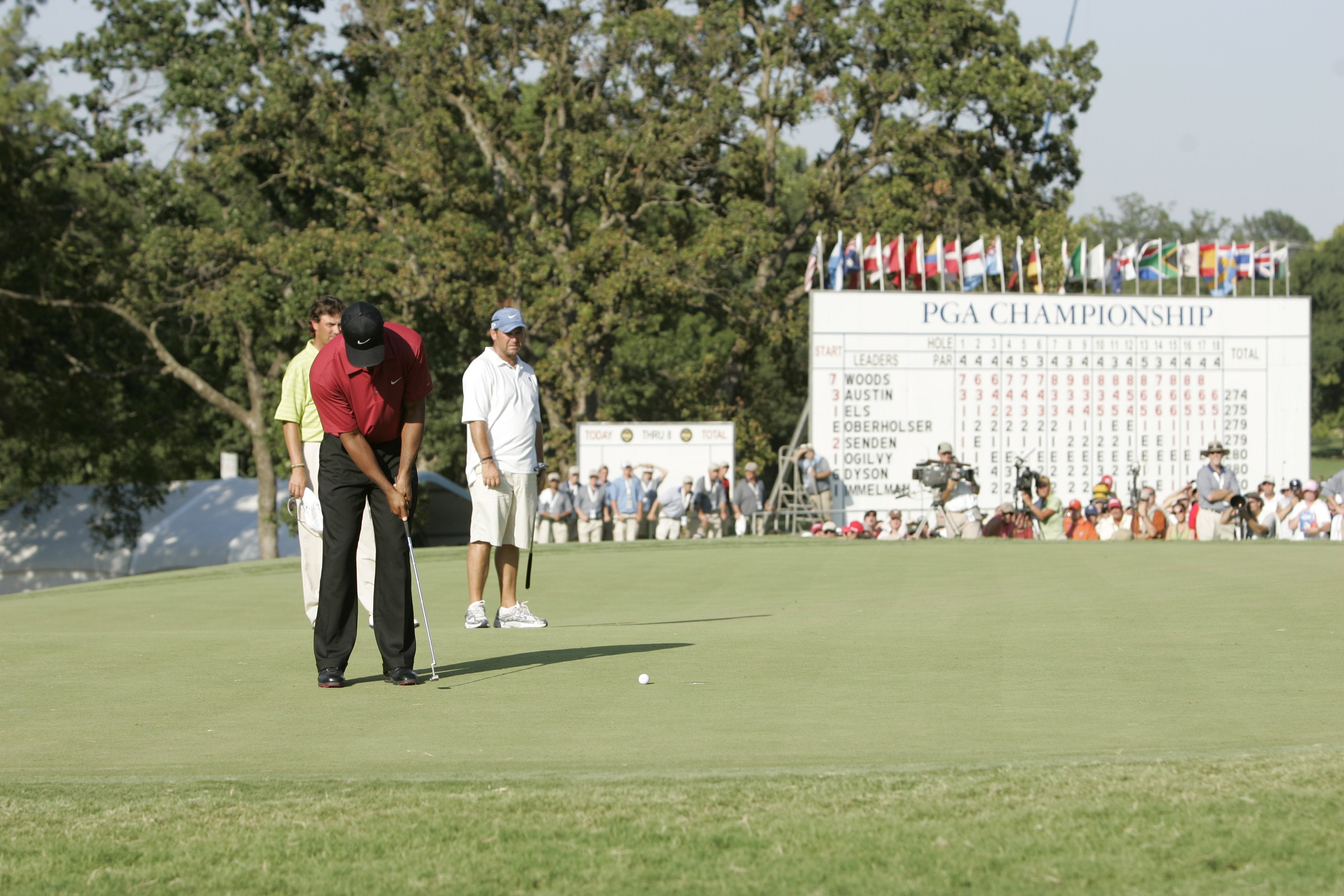
4. Close the Putter Head…
Tiger would then release the putter head so it would close on a slight arc.
5. …But Face Square at Impact
Even though Tiger worked the putter head open-closed, the putter face was within one degree (0.9 closed) of square at impact.
6. Putter Stroke “Up”
The path of Tiger Woods’ putting stroke would be moving slightly upward (2.4 degrees upward) during the stroke, but was about zero at impact. The upward motion of the putter reduces backspin and would allow for the ball to begin rolling as soon as possible.
7. Putt on an “Arc”
Tiger Woods’ putting stroke had significantly more arc in both the backstroke and through-stroke. In fact, he would always practice a gate drill: two tees outside of both the toe and heal of the putter while using only his right hand. This would allow him to feel like he’s swinging the weight of the putter both back and through. Meaning arc in the back stroke, squaring at impact, and releasing in the through-stroke.
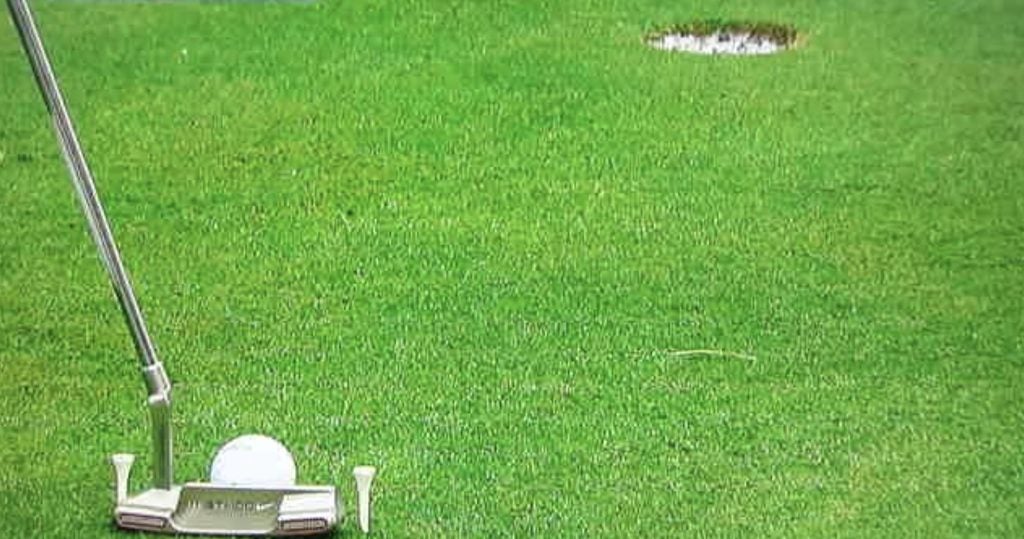
He was extremely consistent with his tendencies and movement during the stroke as the numbers show above. And although somewhat surprisingly, Tiger’s sweet spot wasn’t the center of the putter — it was closer to the toe — it was repeatable, and that’s all that matters.
Between 2014 and 2018, Tiger’s setup and movement of the putter setup and stroke started to move in a poor direction. At address he was having his eyeline on top of the ball too much, less forward bend of the upper body, shaft running more vertical through the upper part of the forearms, and his stroke turned into an inside down-the-line-stroke with more of a hitting motion at impact.
What we’ve started to see in 2019 is Tiger getting back to his best stroke from years past. He’s gone back to the feeling he had as a kid. Setup is beginning to get closer to 2007, his stroke certainly has more arc and release, and although I haven’t seen any updated SAM data I would imagine it’s getting much closer to 2007-09. You can even see Tiger practicing with the gate drill and right-arm-only drills, which promotes the arching putting stroke he used so well.
If he continues to move in this direction I see him getting back inside of the top 10 in strokes gained putting.
ADVERTISEMENT


